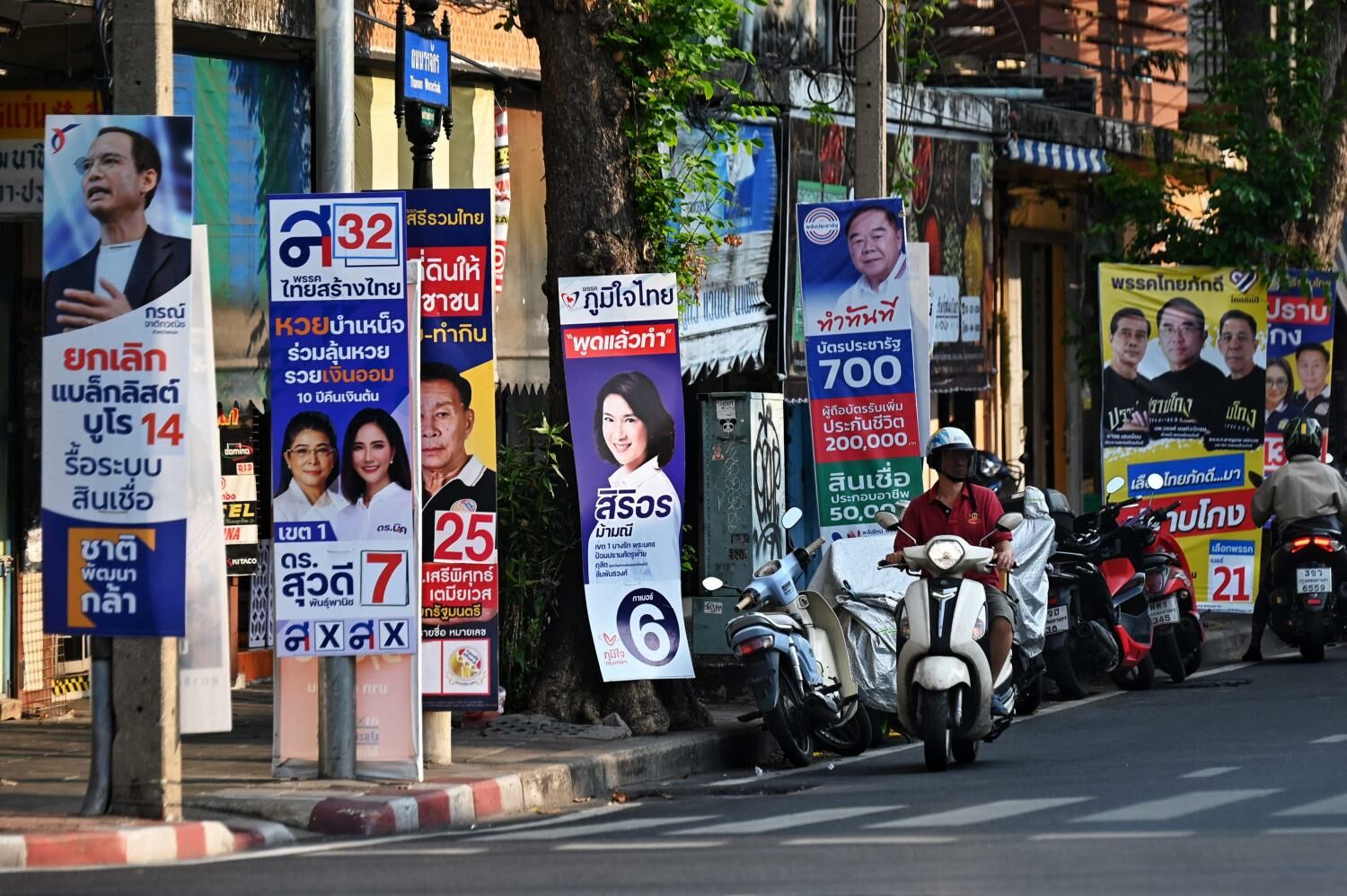NACC requires political parties to submit policy corruption risk assessments to EC

The National Anti-Corruption Commission (NACC) has announced that it requires every political party to submit their policy corruption risk assessment criteria reports to the Election Commission (EC) urgently as the EC will forward the findings to the NACC after this Sunday’s election.
The NACC stated that it wanted to clarify the urgent letter issued on May 3 to all political parties, emphasising that the requirement was part of the legal inspection processes aimed at preventing election fraud, according to Phuthep Taweechotthanakun, the NACC’s deputy spokesman.
The agency approved the requirement on February 1 before passing it on to the EC, citing Section 32 of the Organic Law on Corruption Prevention. Phuthep explained that the section grants full authority to the NACC to propose any measures to the cabinet and related sectors in order to prevent corruption, including establishing mechanisms that help them thwart such acts from happening.
The EC will implement the requirement utilising its authority under Section 57 of the Organic Law on Political Parties, Phuthep said.
The EC is obligated to collect the corruption risk assessment reports and draw conclusions from the outcomes after the election.
The EC was required to provide the NACC with quantitative information, including the list of registered political parties, the list of elected political parties, the list of those producing the assessment reports and those that did not, as well as the list of coalitions and those that conducted the assessment reports as part of a policy development process.
Furthermore, the EC had to send qualitative information to the NACC, consisting of comments from both the commission and the elected parties on the assessment.
According to Phuthep, the report was developed from a corruption risk assessment report carried out on public projects, which the cabinet approved in June 2019. The report functions as a mechanism to support the transparency of the parties’ campaign policies.
The report is expected to aid in preventing policy corruption, which has been prevalent in recent years, from inflicting damage on the economy and society.
Additionally, it serves as a platform for parties to showcase their visions concerning their campaign policies, assisting voters in making informed decisions, Phuthep explained, reports Bangkok Post.
Latest Thailand News
Follow The Thaiger on Google News:


























